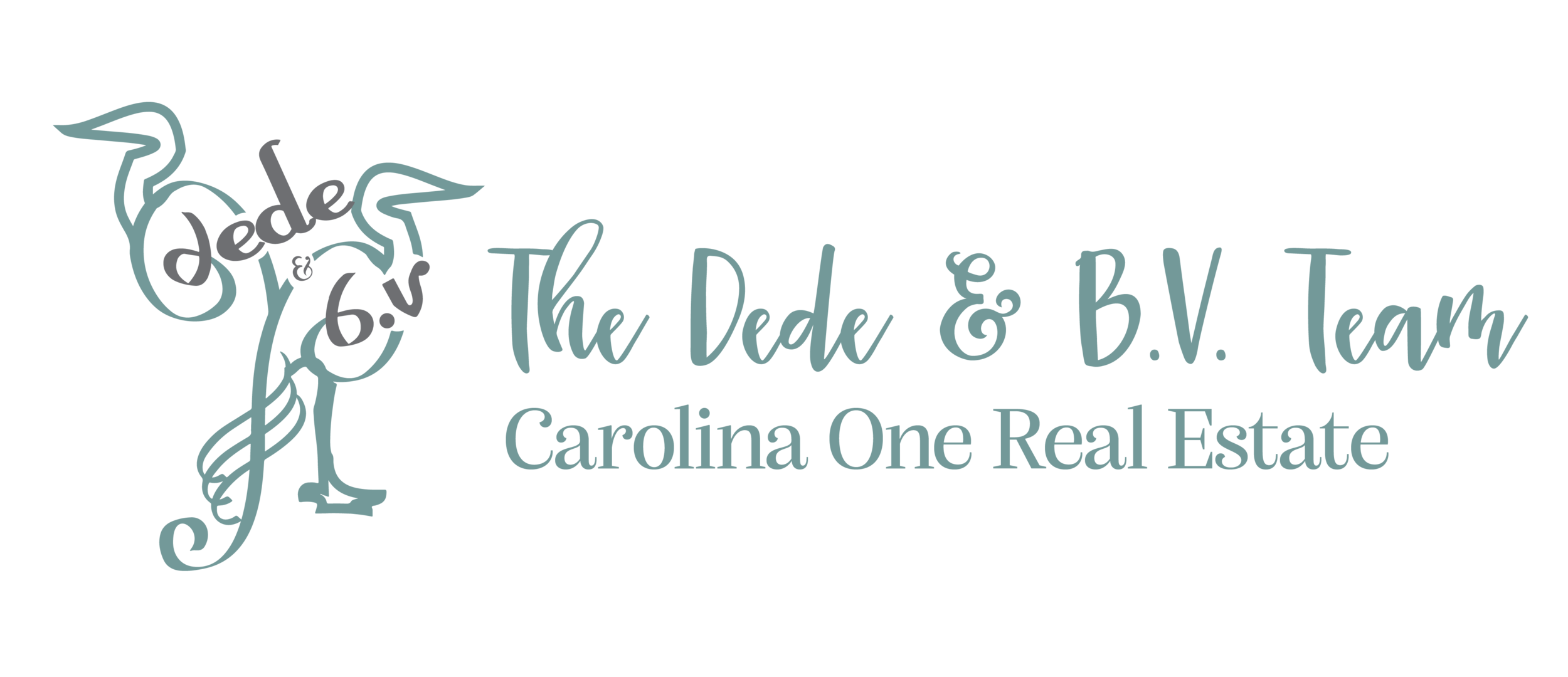Purchasing Your First Rental Property
Owner occupants are not the only buyers fueling the strong spring market we are experiencing. Investors also drive the market, but not all are into the fix-and-flip strategy. Instead, many are purchasing to hold & rent to produce long term revenue streams. Rental rates are at an all-time high in our area, mortgage rates are still very low, and the return on investment is becoming increasingly attractive.
Don't be fooled into thinking only seasoned investors can participate. Purchasing and managing a rental property is not as difficult as most people think. In fact, the easiest way to accomplish it is to turn your current home into a rental when you are ready to move. You’ll get the benefit of keeping your owner-occupied interest rate, and you already know the home’s quirks.
If you've read the book Rich Dad Poor Dad, you know that holding on to your assets is the best long-term investment strategy. Equity gain is always a plus, but ideally you will hold on to the property for many years as a source of income, so the re-sale value is not as important. Also remember that if you finance the purchase, the amount that goes towards principal each month is essentially going into a savings account. The rental income really only needs to cover the mortgage interest and expenses to be profitable.
Here are some things to consider when purchasing a rental property.
1. Financing: Typically as a non-owner occupant you would be required to put at least 20% down and you may pay a higher interest rate. Financing the loan over a 15 or 20 year term, instead of 30 years, will go a long way to help you pay off the principal. Also, interest rates are usually lower on those shorter term loans.
2. Rental potential: What are other homes in the area renting for?
3. Expenses: Property taxes, insurance, mortgage interest, HOA dues, regime fees, maintenance and repairs, marketing, and property management fees if you do not intend to manage the property yourself.
4. Income tax benefits: Talk to your CPA about depreciating the property when you file to shield your income from federal and state income tax.
For your first purchase, I recommend choosing a newer home that is less likely to require significant repairs and maintenance. Many builders offer incentives like paid closing costs or free upgrades, and they are usually in trending areas that are ripe for growth. But it also needs to be convenient, especially if you aren’t using a property manager. Select a property close to your home or work so it's easy to stop by.
You'll want to speak with your accountant before you set up your first rental. There are different ways to hold ownership: as an individual, LLC, etc. I own my properties individually but I have a large umbrella insurance policy to cover me in the event of a liability claim. There's also depreciation and cost basis to consider.
Our team can assist by running the numbers on a property to determine whether it would make sense as a rental. I'm the team's rental expert with 15 rental properties in my personal portfolio. I have a customized formula to determine ROI that I'm happy to share!


